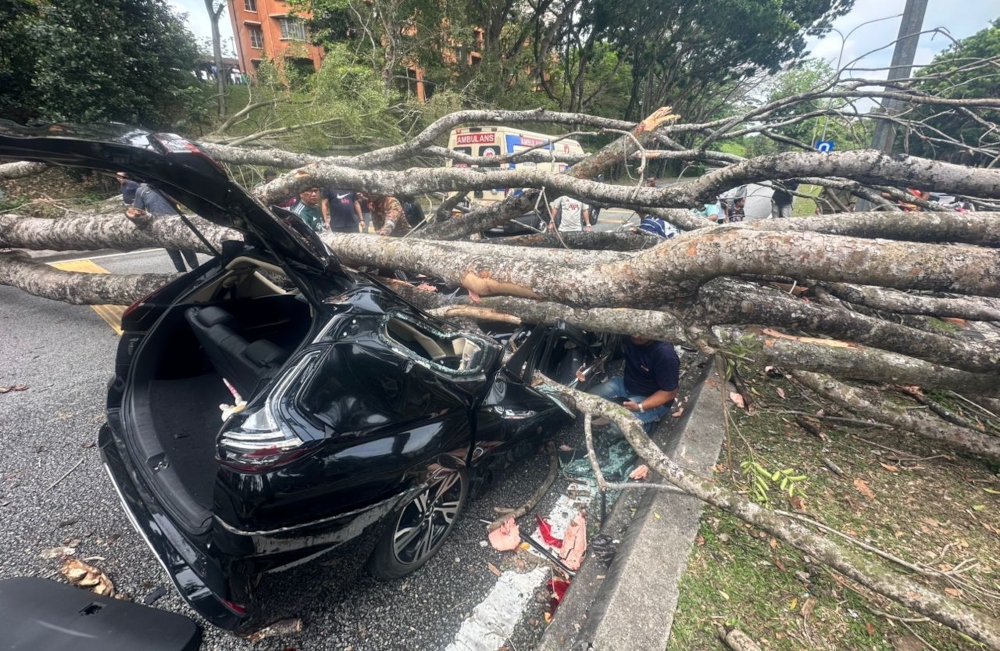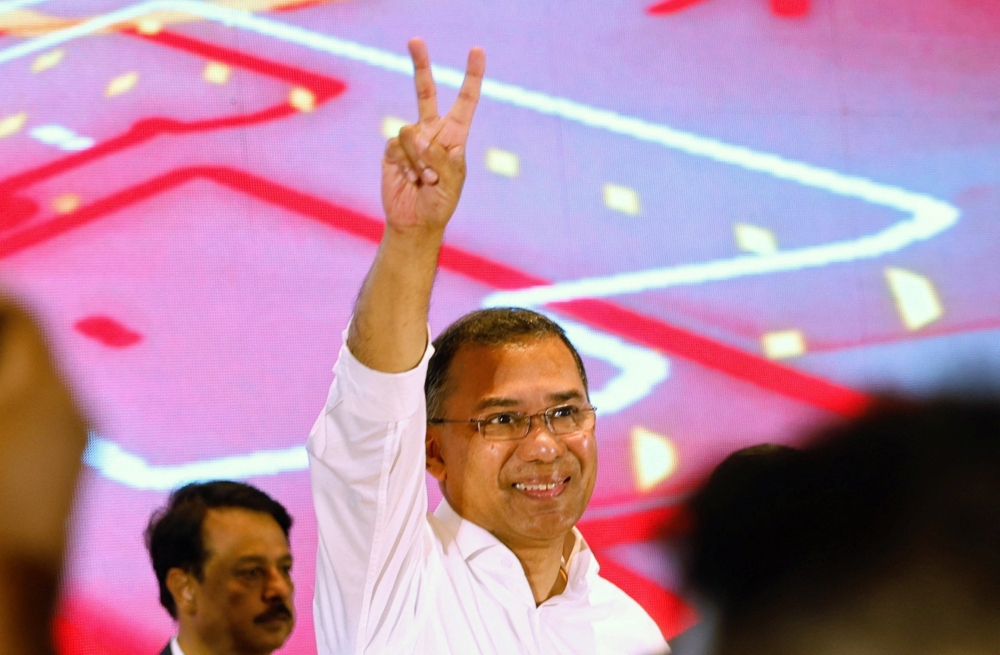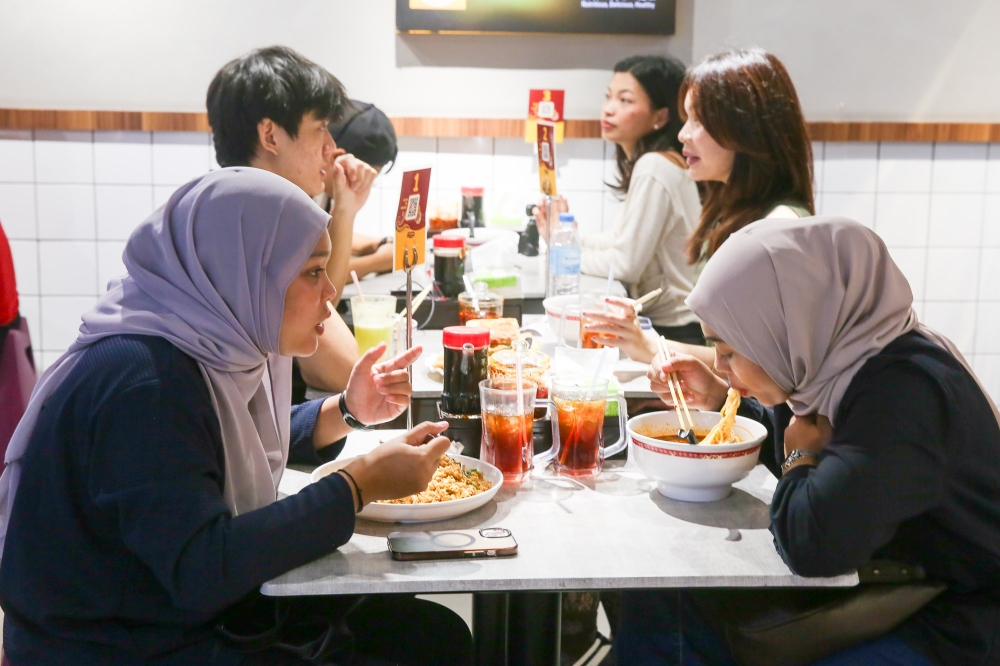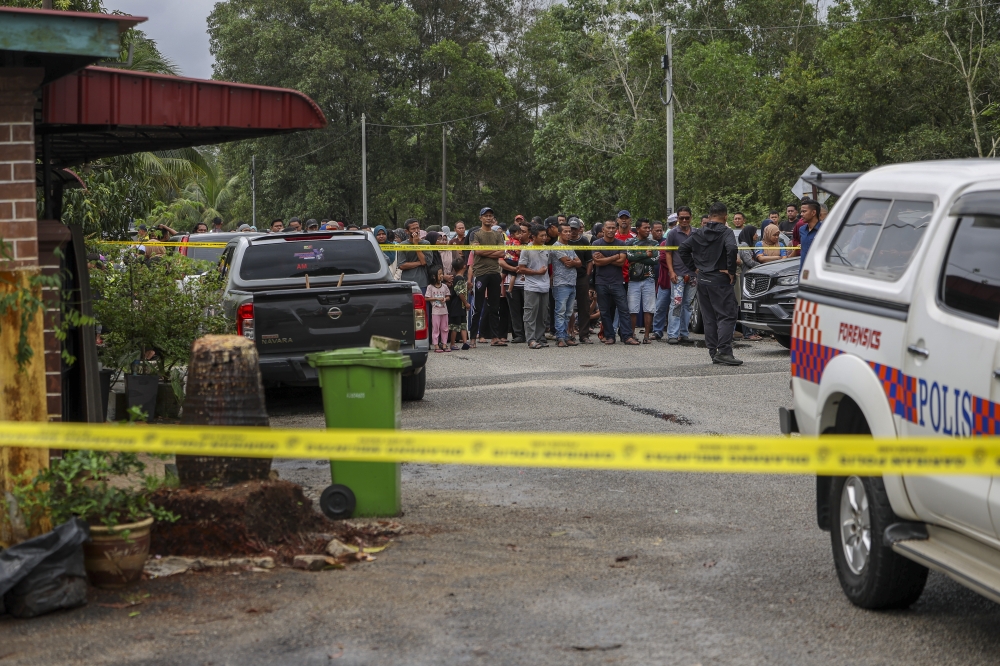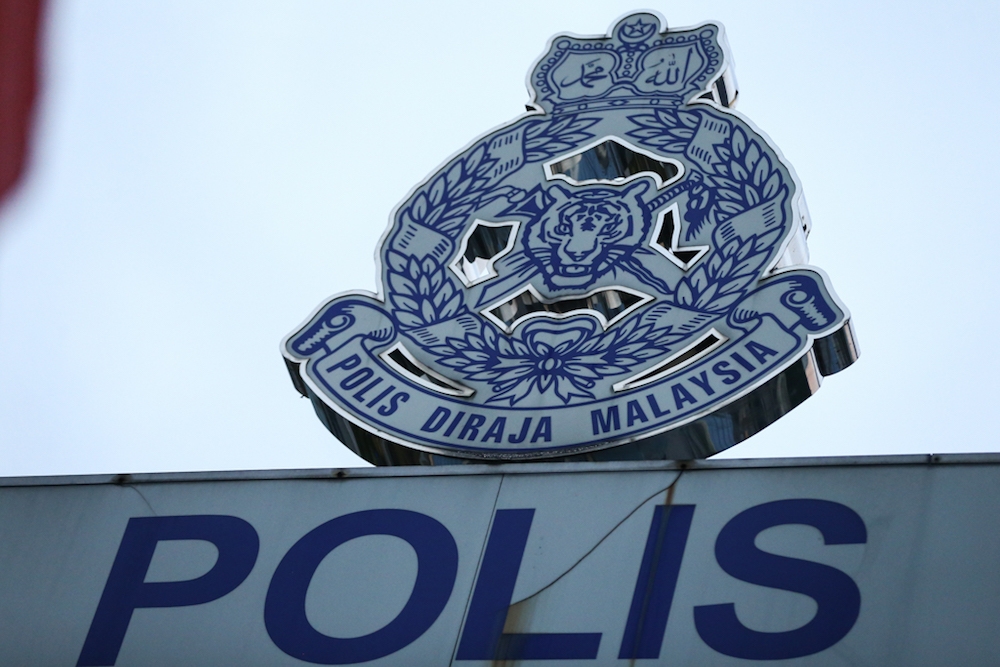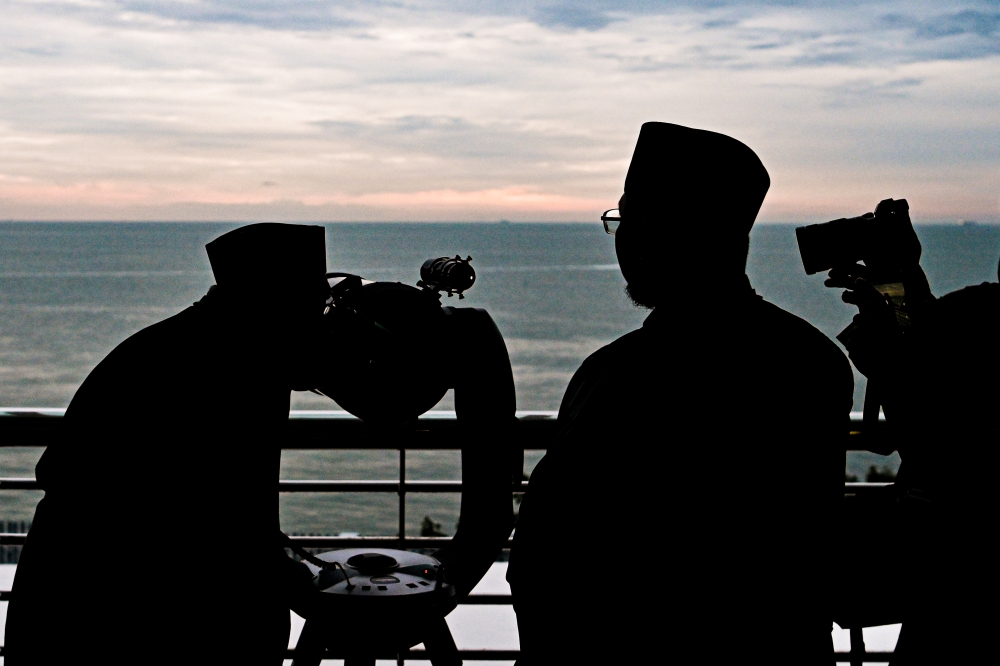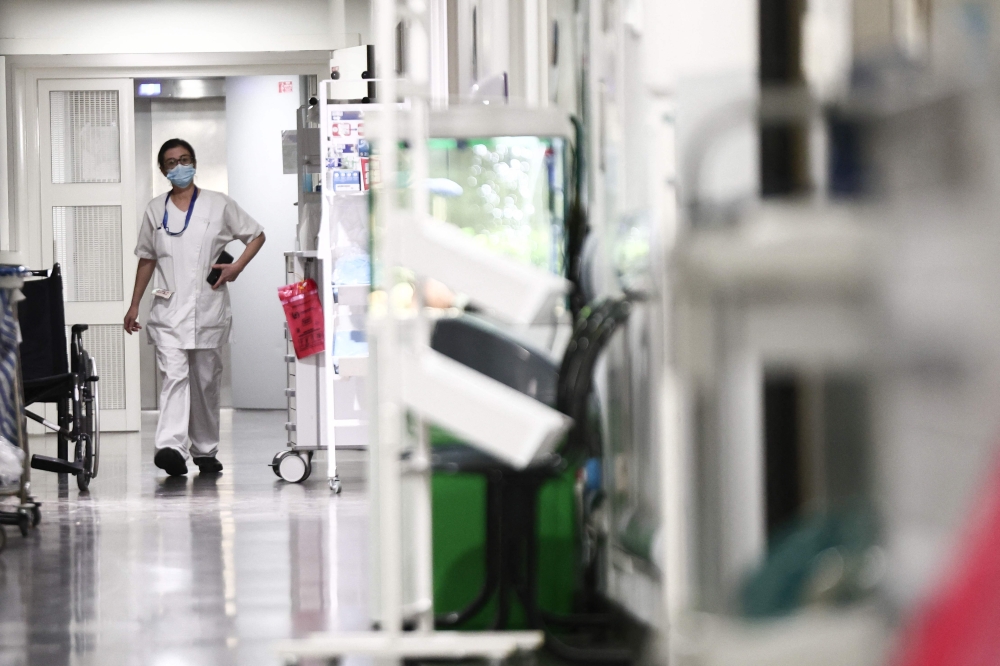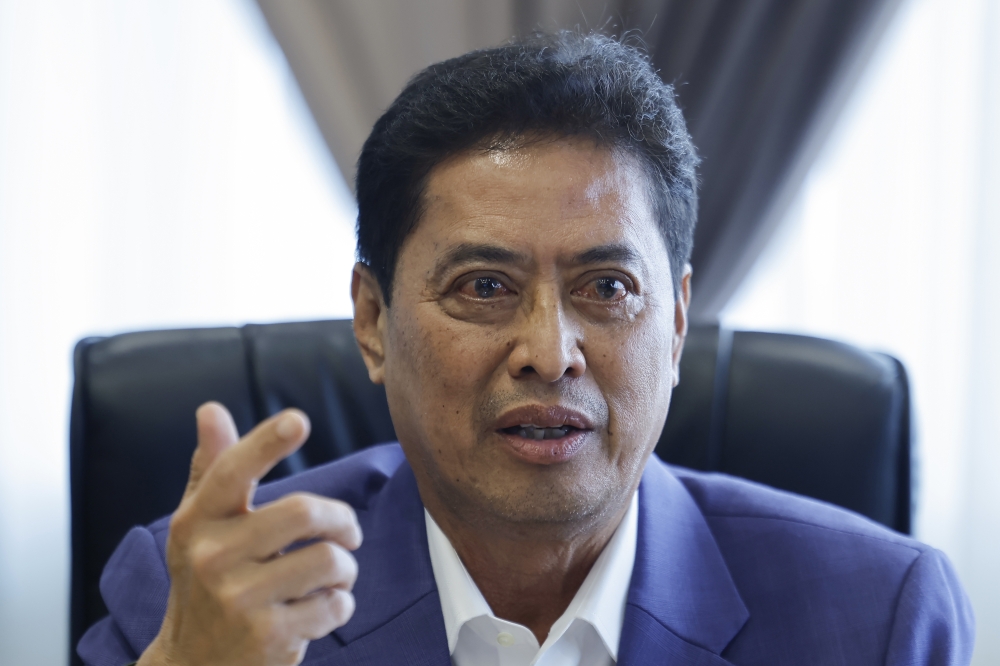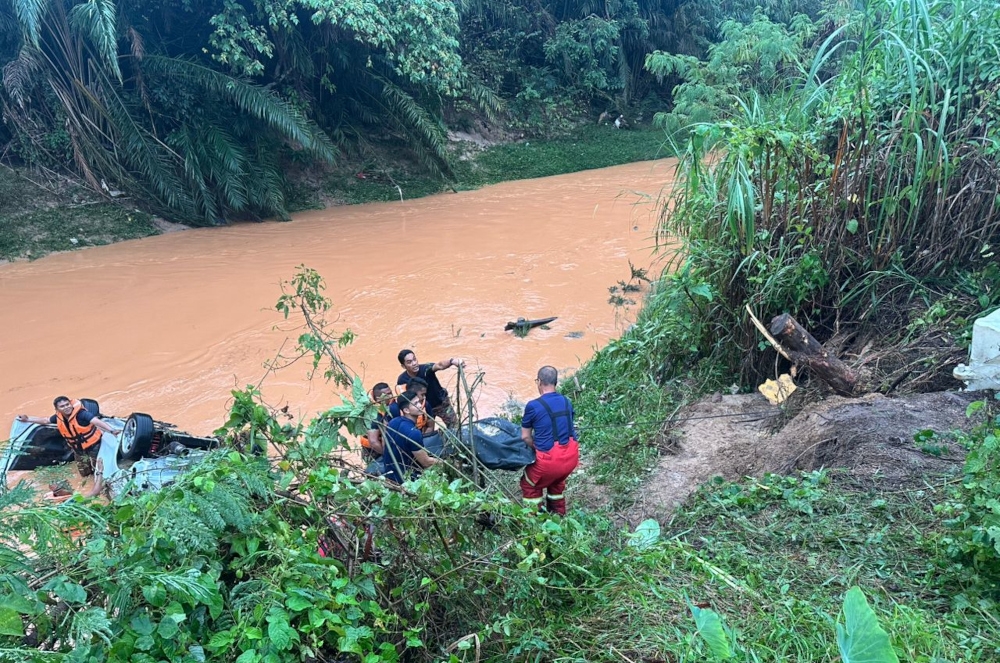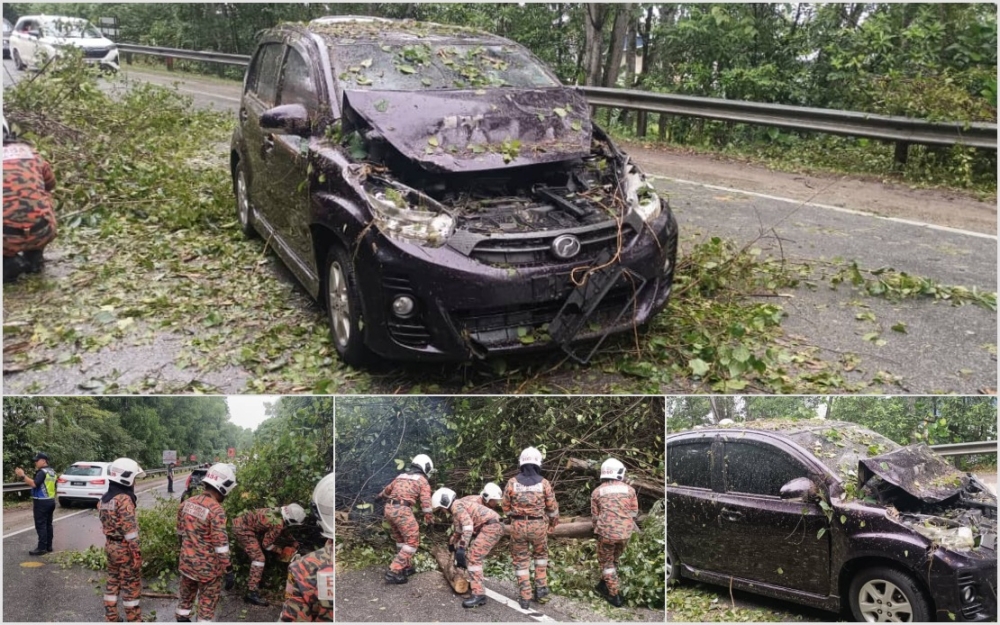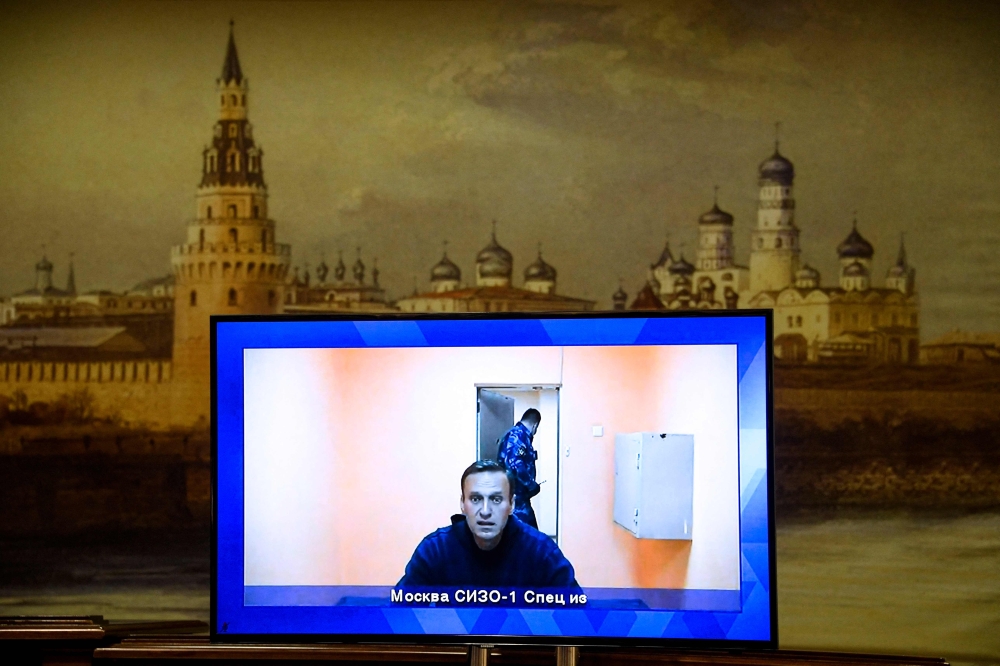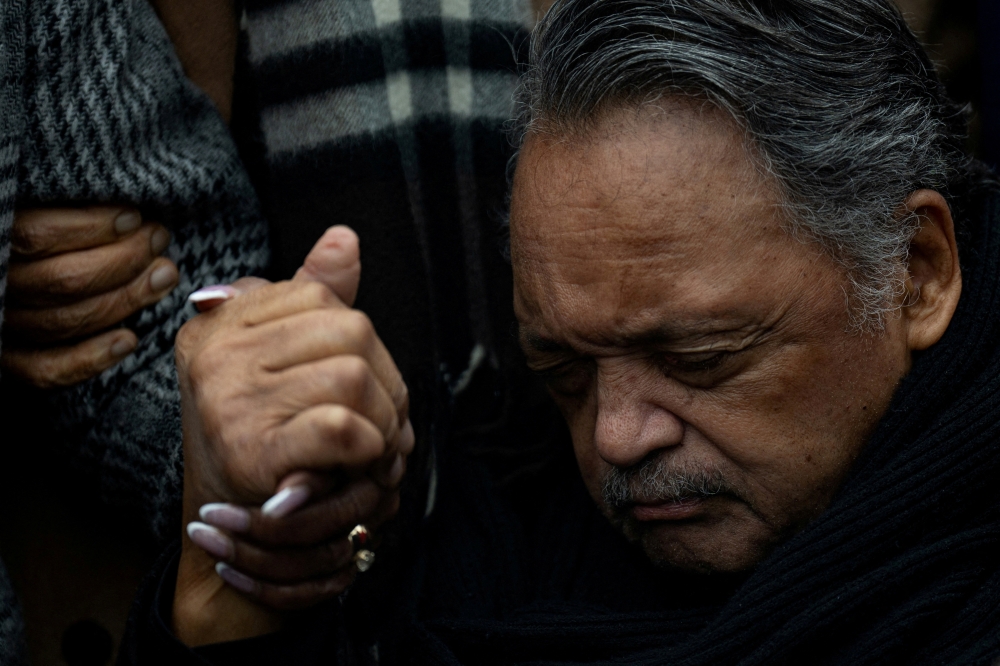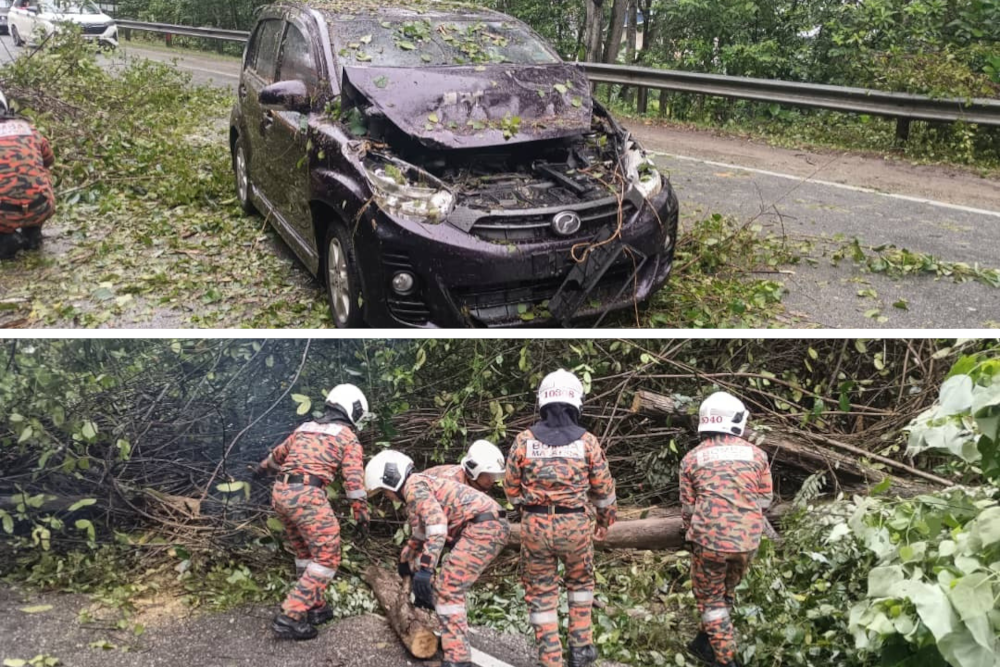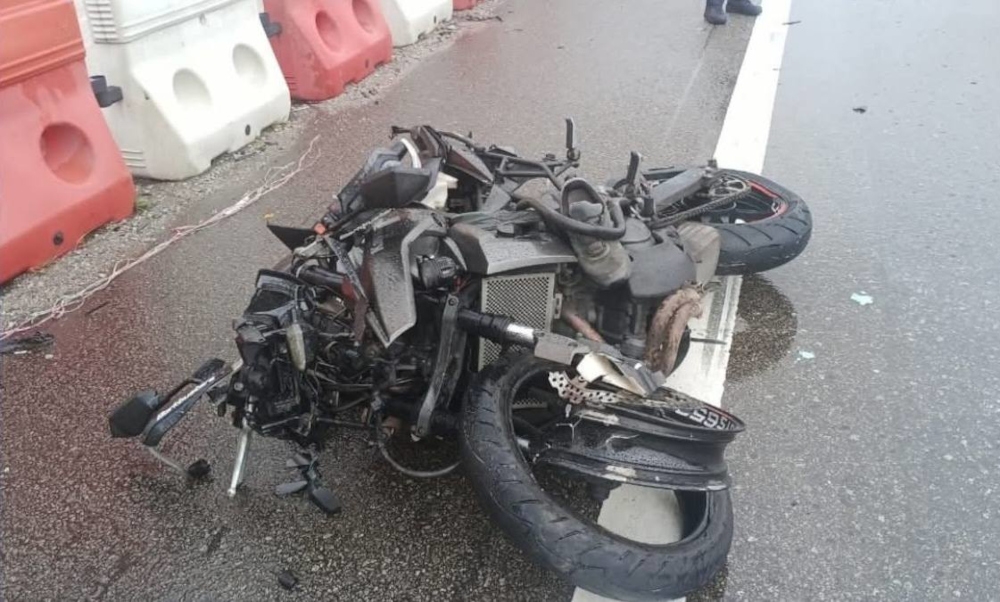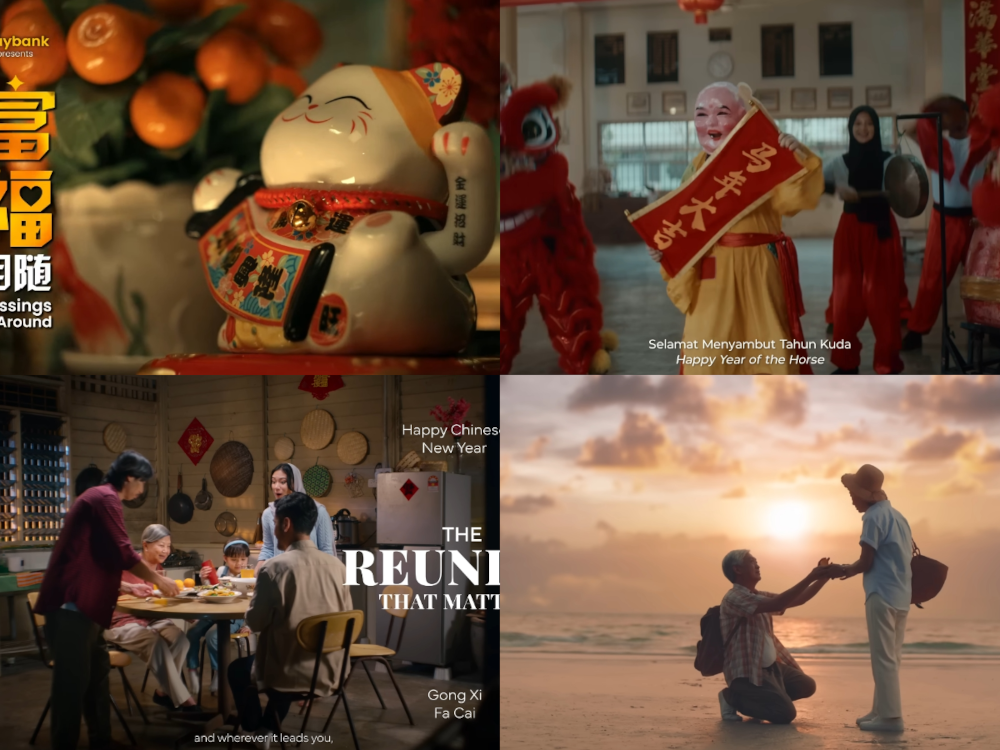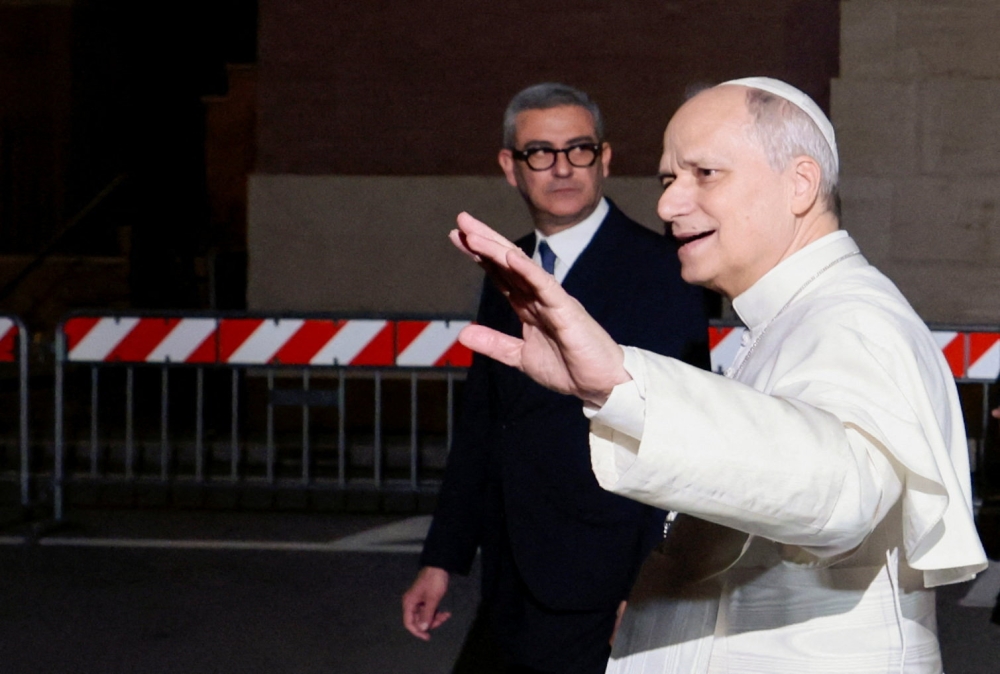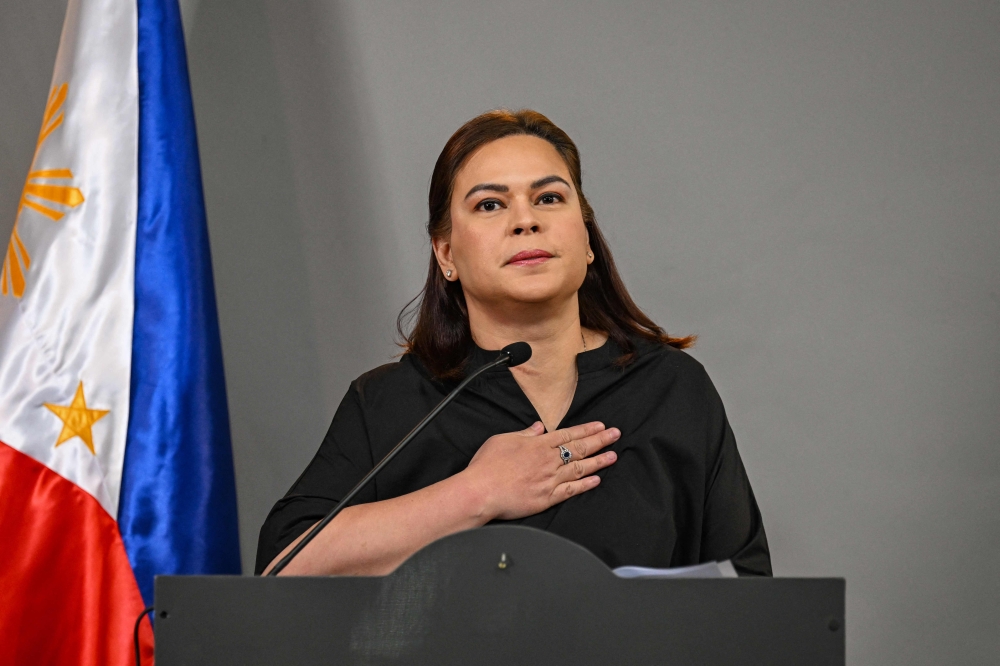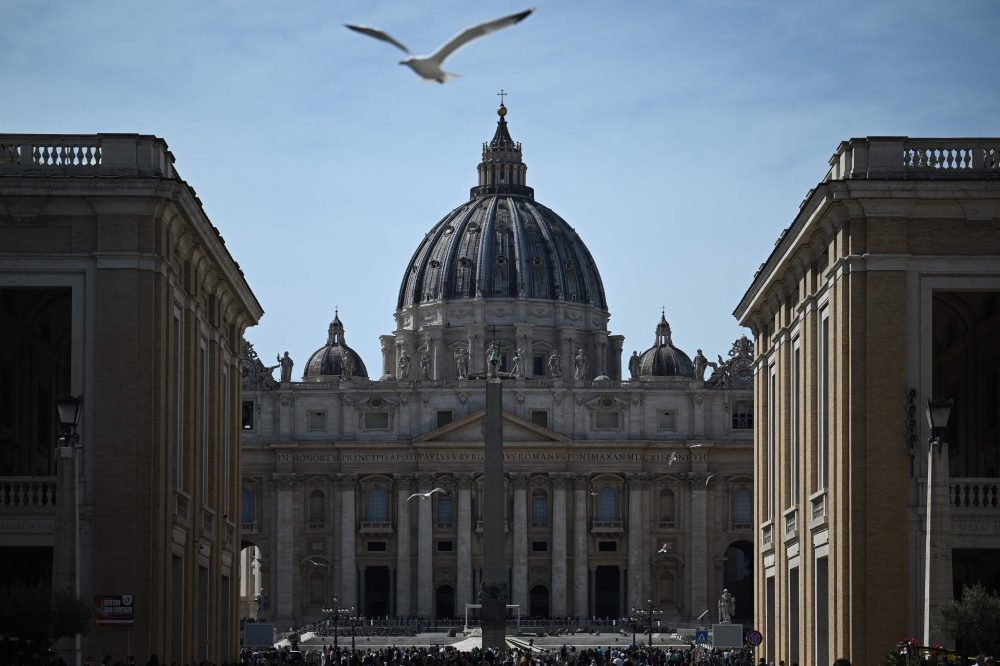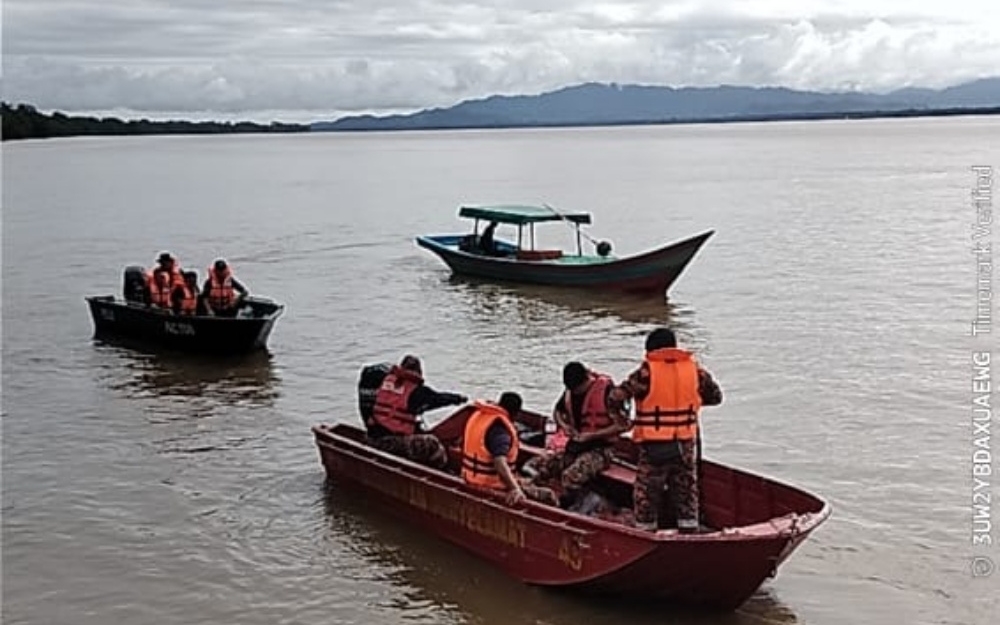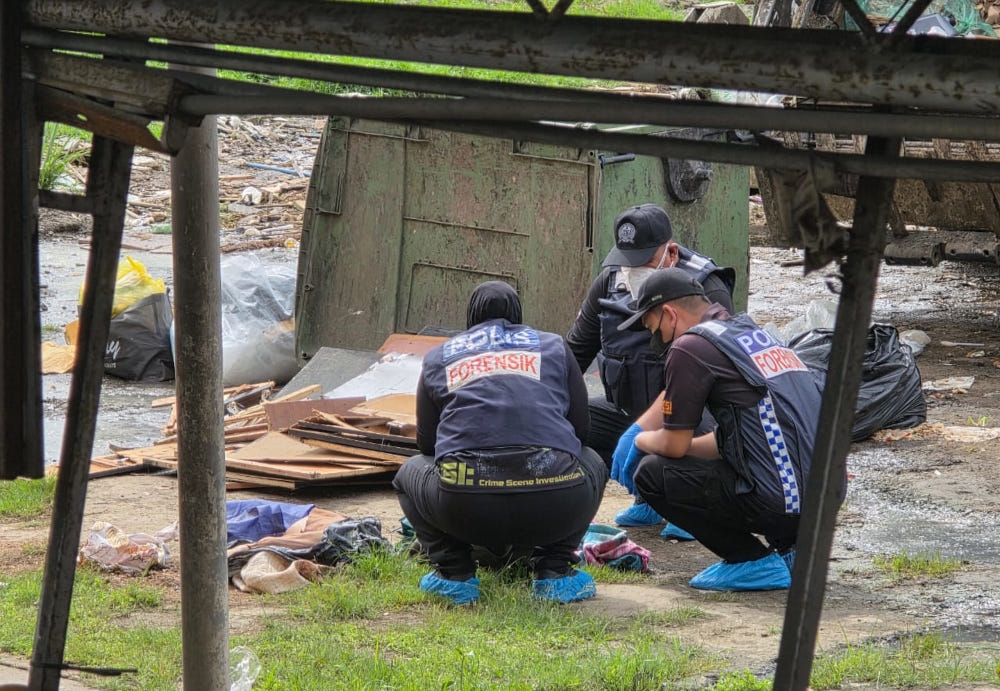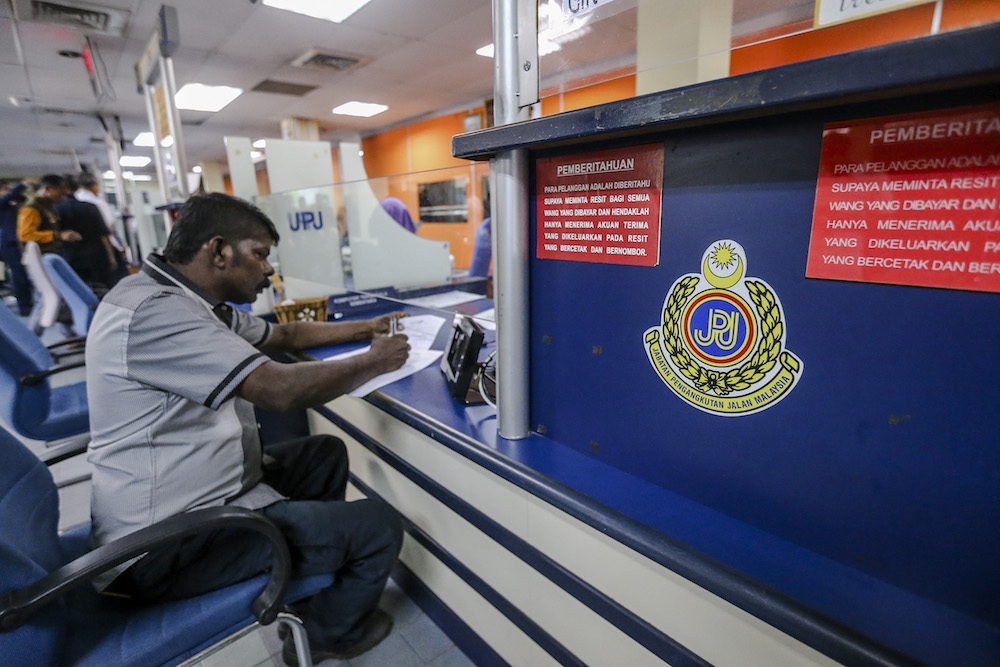HONG KONG, May 15 — Accusations of police brutality must not be used as “a weapon of political protest”, Hong Kong’s police watchdog said in a report today, adding that the Chinese-ruled city appeared to be getting dragged into an “era of terrorism”.
The Independent Police Complaints Council (IPCC) said its report did not tackle the individual accountability of officers, but recommended a review of guidelines for the use of tear gas and training for officers in public order policing.
The IPCC studied officers’ behaviour in the months after June 2019, a period in which the Asian financial hub was roiled by some of the biggest and most violent demonstrations in decades.
“It cannot be over-emphasised that allegations of police brutality must not be made a weapon of political protest,” the report said.
“That is a legal and not a political matter.”
In comments on one of the most controversial events during the protests last year, the IPCC said it did not find evidence of police collusion with gang members during a mob attack on July 21 in Yuen Long district.
The report, however, did identify deficiencies in police deployment and other actions during the incident, in which an armed mob of white-shirted men beat up black-shirted anti-government protesters and ordinary people.
The Yuen Long attack fuelled more protests and intensified a backlash against police who some accused of a delayed response to the mob violence.
Rights groups including Amnesty International have accused police of a disproportionate use of force and other abuses in handling the pro-democracy demonstrations.
Police have repeatedly said they were reactive and exercised restraint in the face of high levels of violence.
The protests started as a campaign against a now-shelved extradition bill that would have allowed criminal suspects to be sent to mainland China for trial but evolved into broader calls for greater democracy and an independent enquiry into police action, separate from the IPCC’s.
Members of the IPCC, which is tasked with reviewing the work of the Complaints Against Police Office, an internal police department, are appointed by the city’s leader, Carrie Lam.
In some of the most intense clashes during the months of unrest, protesters, many clad in black and wearing masks, threw petrol bombs at police and central government offices, stormed the Legislative Council, trashed metro stations and blocked roads.
Police responded with tear gas, water cannons, rubber bullets and several live rounds fired in the air, in many cases warning the crowds beforehand with a series of different coloured signal banners.
The credibility of the review was dealt a blow in December when a panel of five foreign experts quit from advisory roles to the watchdog because of doubts about its “independent investigative capability”.
Many protesters are furious about what they saw as police brutality and the fact that more than 8,000 people were arrested.
An independent inquiry into police handling of the unrest is one of the protesters’ five demands.
But embattled Hong Kong leader Carrie Lam has insisted that the IPCC is capable of conducting an independent investigation and has rejected calls for an independent inquiry.
The outbreak of the novel coronavirus and strict rules to curb its spread brought a lull in anti-government protests this year but the movement is gearing up again as the city’s efforts to curb the spread of the disease appear to be working.
Police handling of protests came under fresh scrutiny at the weekend when officers pepper-sprayed journalists and made some kneel in a cordoned-off area. In a rare move, the police chief said on Tuesday his officers should have acted more professionally in dealing with the media. — Reuters

